
Cyberattacks on KRITIS and Their Consequences
Cyberattacks as a Tool of Hybrid Warfare: A Threat to KRITIS In an increasingly digitalized world, cyberattacks have become an effective tool of hybrid warfare.
Would you like to become a partner? Contact us.

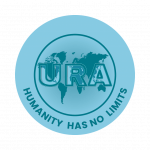

Hospital ships provide people with access to urgently needed medical care that would otherwise be out of reach. With teams of professionals such as surgeons, nurses, and technicians, UN-CPCR aims to enable life-saving treatments and surgeries worldwide. At the same time, local healthcare teams are trained to improve medical care in the long term and establish sustainable structures.
The ships are not just mobile clinics but also training centers that pass on knowledge and skills. This approach is designed to give people everywhere in the world the chance for health and a dignified life.
We are excited to announce an important collaboration with Mick Knauff. Moving forward, Mick will become the face of UN-CPCR, and together, we will provide regular updates on our ongoing projects and the overall state of civil protection. Our mission is to keep the public informed and prepared for potential crises and disasters, ensuring that everyone is equipped to respond effectively when needed.
Through this partnership, we aim to raise awareness and offer professional guidance to help individuals and communities prepare for emergencies. By sharing essential knowledge and practical advice, we empower people to take proactive steps toward disaster readiness.
Innovative civil protection
In today’s world, it is easy to get the impression that one crisis follows another. It is essential to distinguish between individual events (natural disasters, refugee crises, pandemics, famines, etc.) and take the necessary measures as quickly as possible to alleviate and, whenever possible, end human suffering.
In the crisis regions of this world, we will dedicate ourselves wholeheartedly to combating suffering with all the means at our disposal. We hope that through our work, the world will become a little more peaceful and united.
Drones
Cutting-Edge Technology in Crisis Management
We will use the most advanced technology in our operations.
To ensure we are always ready for deployment, rescue drones are strategically stored on our ships. They play a crucial role in assessing the situation on-site and searching for buried individuals. Equipped with advanced sensors and cameras, these drones can locate survivors trapped under rubble, whether underground or in collapsed buildings. This technology enables us to find people who are trapped beneath the debris. By deploying these drones strategically, we can act faster in critical moments and significantly increase survival chances.
Additionally, our drones have the capability to fly into inaccessible crisis areas, delivering urgently needed medical aid and supplies. In regions isolated due to destroyed infrastructure, we can respond quickly and effectively to save lives.
Life savers at sea
The Mobile Medical Station on Board a Ship: A Breakthrough in Civil and Disaster Protection
The mobile medical station on board a ship represents a significant advancement in civil and disaster protection, enabling rapid and comprehensive medical care in hard-to-reach crisis areas. Equipped with state-of-the-art operating rooms and intensive care facilities, a ship provides the capability to perform emergency surgeries as well as offer long-term medical care. Especially in regions where infrastructure is destroyed or non-existent, these mobile units play an essential role in saving lives and stabilizing the health of affected populations.
With the flexibility to quickly reach various emergency regions, we can provide assistance even where land-based hospitals are no longer operational. This ensures fast and efficient aid, which is often crucial for the survival of those affected in many disaster scenarios.
Meshbots
MeshBots in Civil and Disaster Relief
MeshBots are smart robots, drones, or sensors that collaborate within a wireless network (mesh network). They provide crucial support when mobile networks fail or when rescue teams need to respond quickly.
What are they used for?
✅ Emergency Communication: Establish their own radio network.
✅ Search & Rescue: Locate survivors using cameras & sensors.
✅ Transport: Deliver food, medicine & water to crisis areas.
✅ Environmental Monitoring: Measure air quality, water, & hazardous substances.
✅ Mission Coordination: Help teams work together efficiently.
Advantages:
They can be deployed quickly, operate autonomously, and function even without a working mobile network.
Resilience of the civilian population
In a World of Unpredictable Crises, Knowledge is the Best Preparation
The most effective precautionary measure is not just material preparedness but the training of people themselves. Knowledge, skills, and the ability to act determine success or failure in crisis situations.
In a crisis, supplies alone are not enough—it is knowledge and skills that keep people capable of taking action. Training is, therefore, the most sustainable form of crisis preparedness. Those who understand risks can take preventive measures—whether through financial security, networks, or protective actions.
A Floating Hospital for Crisis Response
With a length of 161 meters and a width of 27 meters, our first ship can accommodate up to 2,050 people. Its modular design allows for transformation into a floating hospital using containerized structures, making it highly flexible and capable of rapidly adapting to crisis situations.
A helicopter landing pad enables the swift transport of rescue helicopters, while a crew of 130 ensures smooth operation even under extreme conditions.
This ship is the first of a steadily growing fleet designed for deployment in crisis areas—to rescue people, provide immediate medical assistance, and offer shelter to victims over extended periods. Additionally, it serves as a floating vaccination station during pandemics, helping to prevent disease outbreaks and protect healthy individuals.
We are committed to rapid response, efficient care, and supporting people in need.
Vision: UN-CPCR is recognized as a leading organization in the field of civil protection, acting as a bridge between citizens, the state, and relevant organizations. It raises awareness, provides training, and develops practical solutions for crisis management and emergency preparedness.
Mission: Through targeted training, strategic networks, and innovative concepts, UN-CPCR enhances the resilience of the population against blackouts, disasters, and other crisis situations. It actively promotes the participation of civil society in shaping crisis preparedness efforts.

Cyberattacks as a Tool of Hybrid Warfare: A Threat to KRITIS In an increasingly digitalized world, cyberattacks have become an effective tool of hybrid warfare.

The President of the Federal Intelligence Service (BND), Bruno Kahl, has warned that Russia could be in a position to attack NATO territory by 2030 at the latest.

The world is facing a multitude of crises and emergencies that are either due to natural causes or human actions.

Cyberattacks as a Tool of Hybrid Warfare: A Threat to KRITIS In an increasingly digitalized world, cyberattacks have become an effective tool of hybrid warfare.
Every contribution matters to us. Reach out to us today.

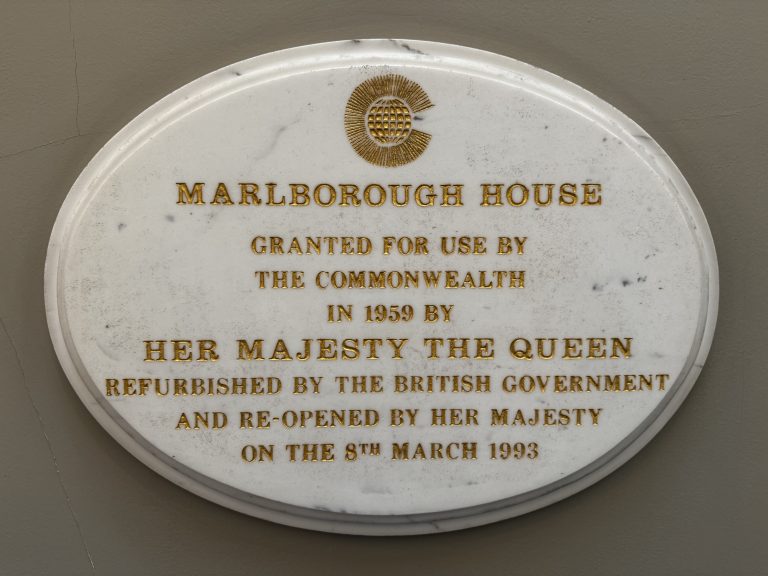

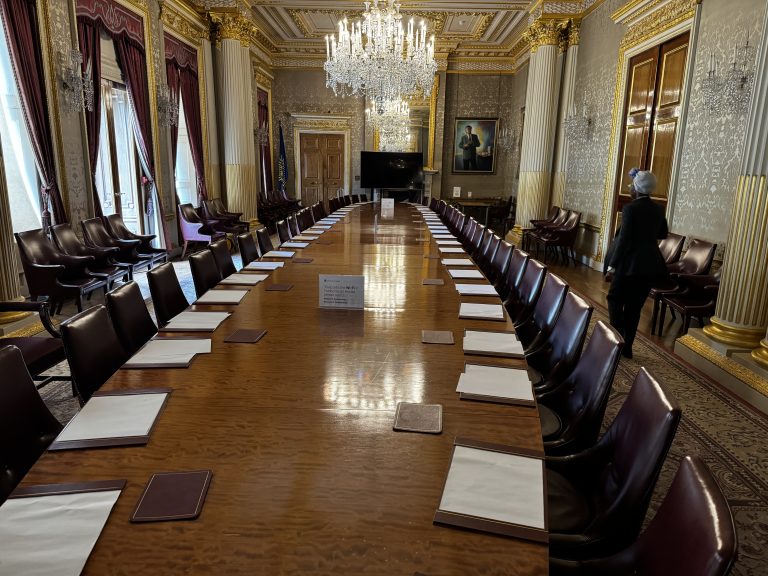
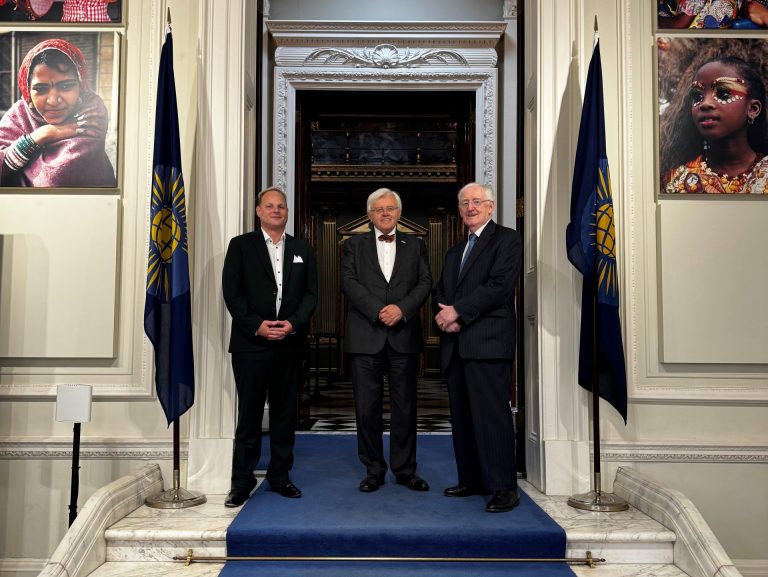
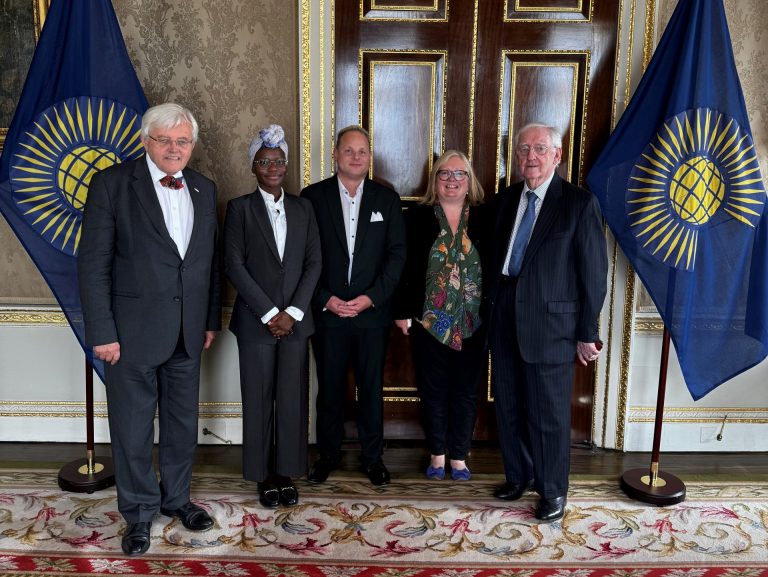
Please contact us using the contact form.
© 2025 Copyright by United Network For Civil Protection And Crisis Response Ltd.